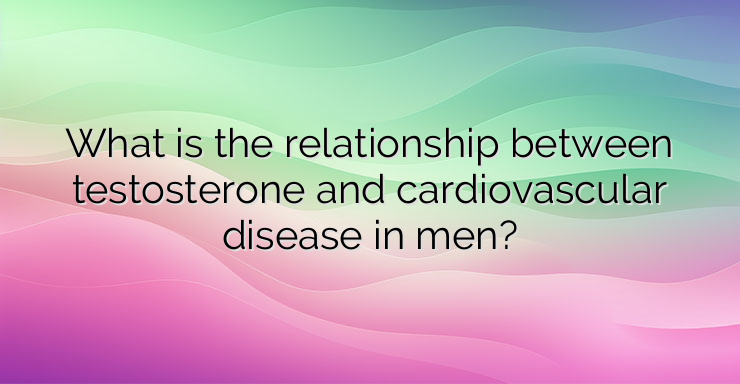Despite regional differences in the prevalence of coronary heart disease, its incidence is approximately three times higher in men than in women. Sex-specific effects of sex hormones play an important role in this. Men develop coronary heart disease approximately 10 years earlier than women. The relationship between male gender and the prevalence of coronary heart disease suggests a role for sex hormones in the etiology (causes of disease) of cardiovascular disease. Historically, much attention has been paid to the cardioprotective effects of female sex hormones. In women, physiological levels of estrogen appear to confer some protection against atherosclerosis, while conditions associated with a deficiency of this hormone, such as early menopause or bilateral oophorectomy (surgery to remove the ovaries), are associated with an increased severity of coronary disease. In laboratory experiments, estrogen deficiency has been found to adversely affect lipid homeostasis and promote features of the metabolic syndrome. Conversely, conditions associated with higher androgen levels, such as polycystic ovary syndrome, are associated with a greater incidence of coronary heart disease. Studies in men who abuse anabolic steroids clearly show a higher risk of myocardial infarction and sudden cardiac death. In men, exogenous (external to the body) estrogen therapy has also been tried for secondary prevention of coronary artery disease after acute myocardial infarction. This study was terminated early due to a two-fold increase in the incidence of recurrent myocardial infarction and a significant increase in mortality. Similar results were found to a greater extent in men receiving estrogens to treat prostate cancer. Therefore, the effects of sex hormones are specific to the sexes and their roles and are more complex than initially perceived. The combination of predominance of coronary disease in men; the cardioprotective effects of estrogens in premenopausal women; and increased death from cardiovascular disease in men abusing anabolic steroids leads to the conclusion that testosterone has a detrimental effect on the development of cardiovascular disease in men. Contrary to this opinion, there are also reports that say that normal and physiological levels of testosterone are not harmful to the heart, but actually beneficial. Hypertestosteroneemia (high testosterone level) is associated with adverse effects on the development of coronary heart disease and mortality from heart problems in men. In addition, androgen replacement therapy has positive effects for the prevention of coronary disease and acts as a vasodilator (widening of blood vessels). Bibliography: Wingard DL, Suarez L, Barrett-Conor E. The sex differential in mortality from all causes and ischemic heart disease. Kannel WB, Hjortland MC, McNamara PM, Gordon T.Menopause and risk of cardiovascular disease: The Framingham Study. Dickerman RD, McConathy WJ, Zachariah NY, Schaller F. Cardiovascular complications and anabolic steroids.


Leave a Reply